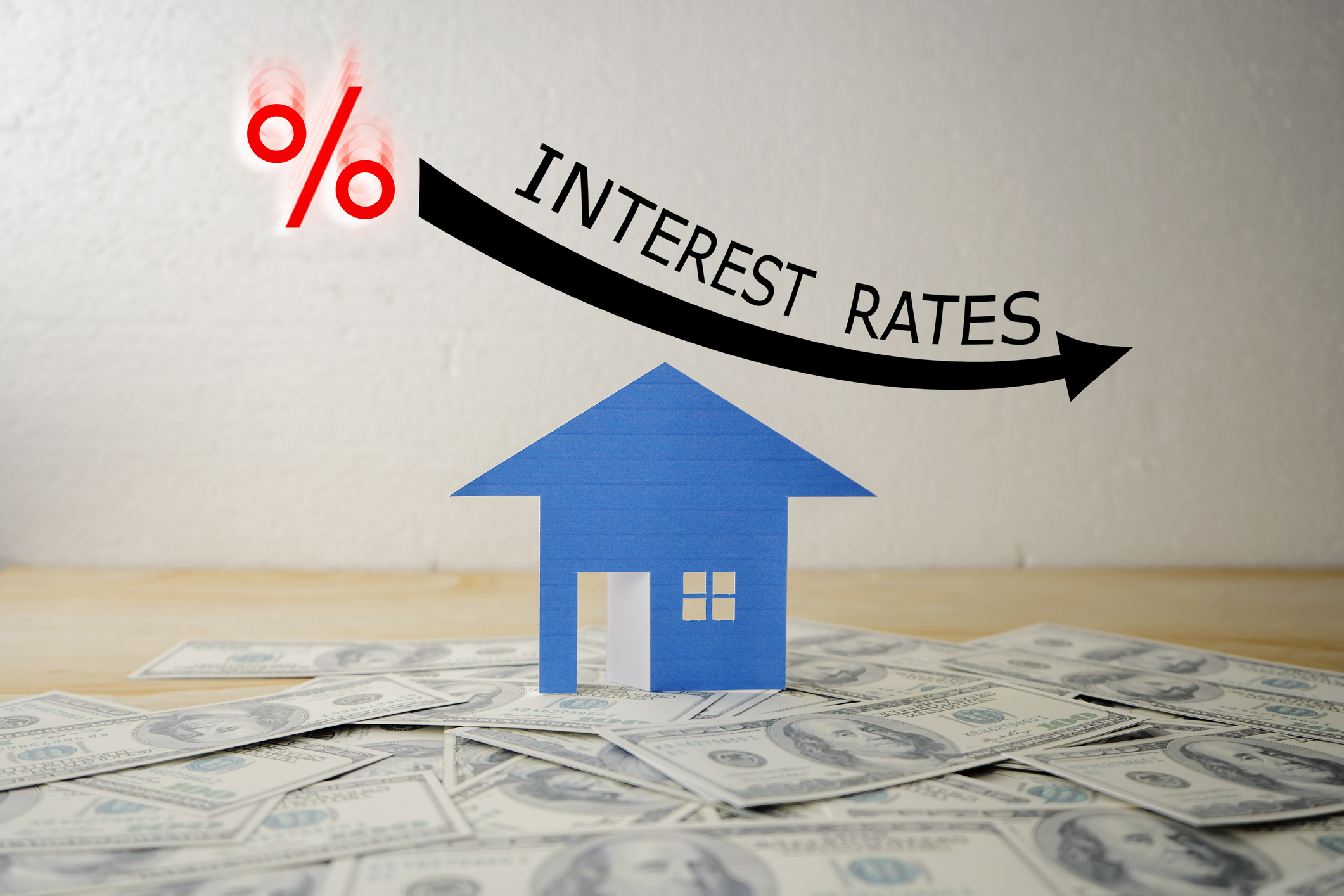The Votes Are In


Real estate buyers made their voices heard last month and made a clear choice for… higher-end properties!
One of the interesting dynamics of our current market is the significantly- increased activity in higher price ranges.
The combination of high equity and low-interest rates is clearly causing people to move up. They are able to purchase the home that has the features they have always wanted whether it be size, finishes, or location.
The considerable equity growth that has occurred for homeowners over the last 7 years is allowing them to have sizable down payments on their ‘move up’ property plus today’s rates keep their monthly payments lower than expected.
Here are the numbers we researched which demonstrate this trend.
Compared to October of 2019, sales of properties priced over $750,000 last month were up:
- 176% in Larimer County
- 375% in Weld County
- 96% in Metro Denver
Properties in the $550,000 to $750,000 range also saw a large jump:
- 57% in Larimer County
- 63% in Weld County
- 83% in Metro Denver
This is a unique time in history for people to move up and own a home they have always dreamed about.
Empty Nesters: Remodel or Sell?


Your kids have moved out and now you’re living in a big house with way more space than you need. You have two choices – remodel your existing home or move. Here are some things to consider about each option.
Choice No. 1: Remodel your existing home to better fit your current needs.
- Remodeling gives you lots of options, but some choices can reduce the value of your home. You can combine two bedrooms into a master suite or change another bedroom into a spa area. But reducing the number of bedrooms can dramatically decrease the value of your house when you go to sell, making it much less desirable to a typical buyer with a family.
- The ROI on remodeling is generally poor. You should remodel because it’s something that makes your home more appealing for you, not because you want to increase the value of your home. According to a recent study, on average you’ll recoup just 64 percent of a remodeling project’s investment when you go to sell.
- Remodeling is stressful. Living in a construction zone is no fun, and an extensive remodel may mean that you have to move out of your home for a while. Staying on budget is also challenging. Remodels often end up taking much more time and much more money than homeowners expect.
Choice No. 2: Sell your existing home and buy your empty nest dream home.
- You can downsize to a single-level residence and upsize your lifestyle. Many people planning for their later years prefer a home that is all on one level and has less square footage. But downsizing doesn’t mean scrimping. You may be able to funnel the proceeds of the sale of your existing home into a great view or high-end amenities.
- A “lock-and-leave” home offers more freedom. As your time becomes more flexible, you may want to travel more. Or maybe you’d like to spend winters in a sunnier climate. You may want to trade your existing home for the security and low maintenance of condominium living.
- There has never been a better time to sell. Our area is one of the top in the country for sellers to get the greatest return on investment. Real estate is cyclical, so the current boom is bound to moderate at some point. If you’re thinking about selling, take advantage of this strong seller’s market and do it now.
Bottom Line
If your current home no longer works for you, consider looking at homes that would meet your lifestyle needs before taking on the cost and hassle of remodeling. Get in touch with a Windermere Real Estate broker to discuss the best option for you.
 Facebook
Facebook
 X
X
 Pinterest
Pinterest
 Copy Link
Copy Link

